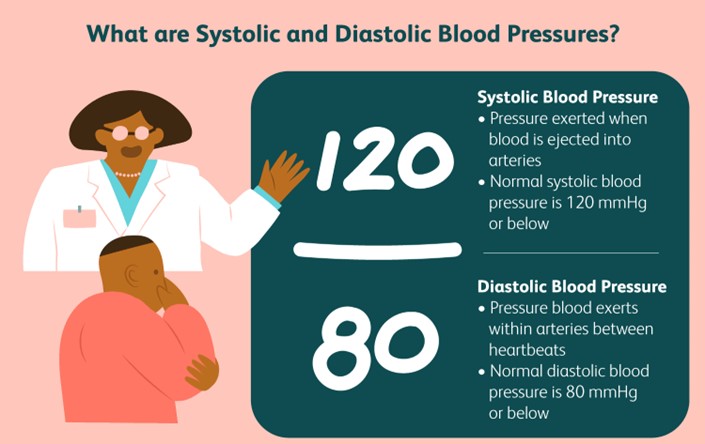A nurse is reviewing the PT, aPTT, and INR laboratory values for a client who is experiencing an acute episode of disseminated intravascular coagulation (DIC). Which of the following laboratory results should the nurse expect?
The laboratory values are within the expected reference range.
The laboratory values are prolonged.
The laboratory values are the same as the previous test values.
The laboratory values are decreased.
The Correct Answer is B
Choice A Reason: This is incorrect because the laboratory values are not within the expected reference range in a client who has DIC. DIC is a condition that causes abnormal activation of the clotting cascade, leading to widespread microthrombi formation and consumption of clotting factors and platelets. This results in bleeding complications and organ dysfunction.
Choice B Reason: This is correct because the laboratory values are prolonged in a client who has DIC. PT, aPTT, and INR are tests that measure the time it takes for blood to clot. PT measures the extrinsic pathway, aPTT measures the intrinsic pathway, and INR is a standardized ratio of PT. In DIC, these tests are prolonged because of the depletion of clotting factors and platelets.
Choice C Reason: This is incorrect because the laboratory values are not the same as the previous test values in a client who has DIC. DIC is an acute and dynamic condition that can change rapidly depending on the underlying cause and treatment. The laboratory values may fluctuate between normal, prolonged, or shortened depending on the balance between clotting and bleeding.
Choice D Reason: This is incorrect because the laboratory values are not decreased in a client who has DIC. Decreased laboratory values would indicate a shortened clotting time, which can occur in some cases of DIC when there is excessive clotting and thrombosis. However, this is not the typical finding in DIC, as most clients present with bleeding manifestations and prolonged clotting time.
Nursing Test Bank
Naxlex Comprehensive Predictor Exams
Related Questions
Correct Answer is A
Explanation
Choice A Reason: This is correct because dopamine is a vasopressor that increases the contractility and stroke volume of the heart, which results in an increased systolic blood pressure.
Choice B Reason: This is incorrect because dopamine can cause tachycardia as a side effect, but this does not indicate a therapeutic effect. An increased radial heart rate can also indicate other conditions, such as anxiety, fever, or dehydration.
Choice C Reason: This is incorrect because dopamine does not reduce cardiac output, but rather increases it by improving the pumping function of the heart.
Choice D Reason: This is incorrect because dopamine does not reduce urine output, but rather increases it by stimulating the renal blood vessels and enhancing renal perfusion.

Correct Answer is C
Explanation
Choice A Reason: This is incorrect because hypertension is a condition of high blood pressure. A client who has hypovolemic shock is more likely to have hypotension, which is a condition of low blood pressure, due to fluid loss and reduced cardiac output.
Choice B Reason: This is incorrect because bradypnea is a condition of slow breathing. A client who has hypovolemic shock is more likely to have tachypnea, which is a condition of fast breathing, due to hypoxia and increased respiratory demand.
Choice C Reason: This is correct because oliguria is a condition of low urine output. A client who has hypovolemic shock may have oliguria due to decreased renal perfusion and activation of the renin-angiotensin-aldosterone system, which causes sodium and water retention.
Choice D reason: This is incorrect because flushing of the skin is a condition of redness and warmth of the skin. A client who has hypovolemic shock may have pallor and coolness of the skin due to vasoconstriction and reduced blood flow.
Whether you are a student looking to ace your exams or a practicing nurse seeking to enhance your expertise , our nursing education contents will empower you with the confidence and competence to make a difference in the lives of patients and become a respected leader in the healthcare field.
Visit Naxlex, invest in your future and unlock endless possibilities with our unparalleled nursing education contents today
Report Wrong Answer on the Current Question
Do you disagree with the answer? If yes, what is your expected answer? Explain.
Kindly be descriptive with the issue you are facing.
